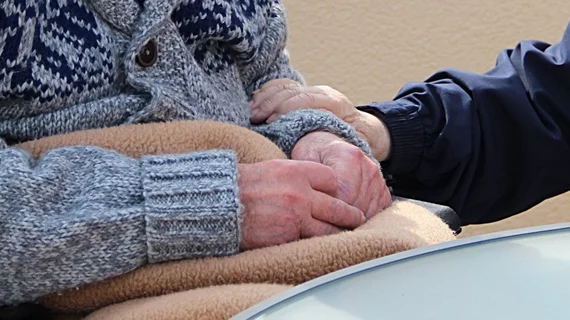14 million middle-class seniors to need care beyond their budgets
Ten years from now, more than 14 million middle-class Americans will be elderly, mobility-limited and in need of more healthcare services and specialized senior housing than they’ll be able to afford.
So found project researchers who analyzed data on middle-income people who were 50 and older as of 2014 in the Health and Retirement Study (HRS), which is sponsored by the National Institute on Aging and the Social Security Administration.
The team, led by Caroline Pearson of the National Opinion Research Center at the University of Chicago, used weighted metrics to produce nationally representative estimates on the U.S. population’s likely health and functional status, financial resources and sociodemographic characteristics.
Fourteen million people will be about 20% of the demographic the researchers focused on.
Reporting their findings in Health Affairs, Pearson and colleagues said the gap between likely needs and means by 2029 suggests a role for public policy and the private sector in meeting future long-term care and housing needs for middle-income seniors.
They also pointed out that, as baby boomers age, middle-income seniors will become a larger and more diverse group.
“A reduction in the number of family caregivers places greater burden on those remaining, and some seniors may not have unpaid care options available,” the authors concluded. “Unfortunately, most middle-income seniors will not have the financial resources required to pay for private seniors housing options as they exist today. Innovations from policy makers and private-sector housing operators and their investors will be required to serve this middle-income cohort.”
The study is available in full for free.

